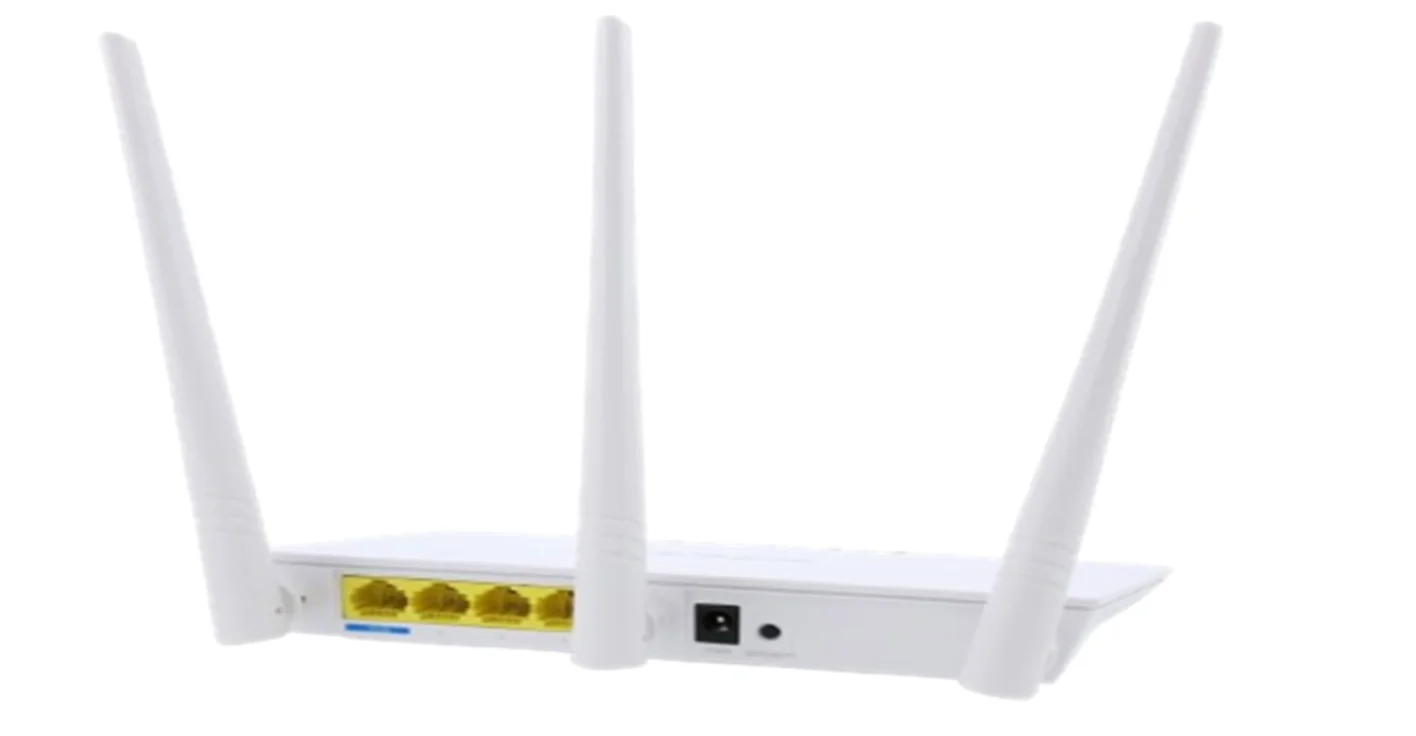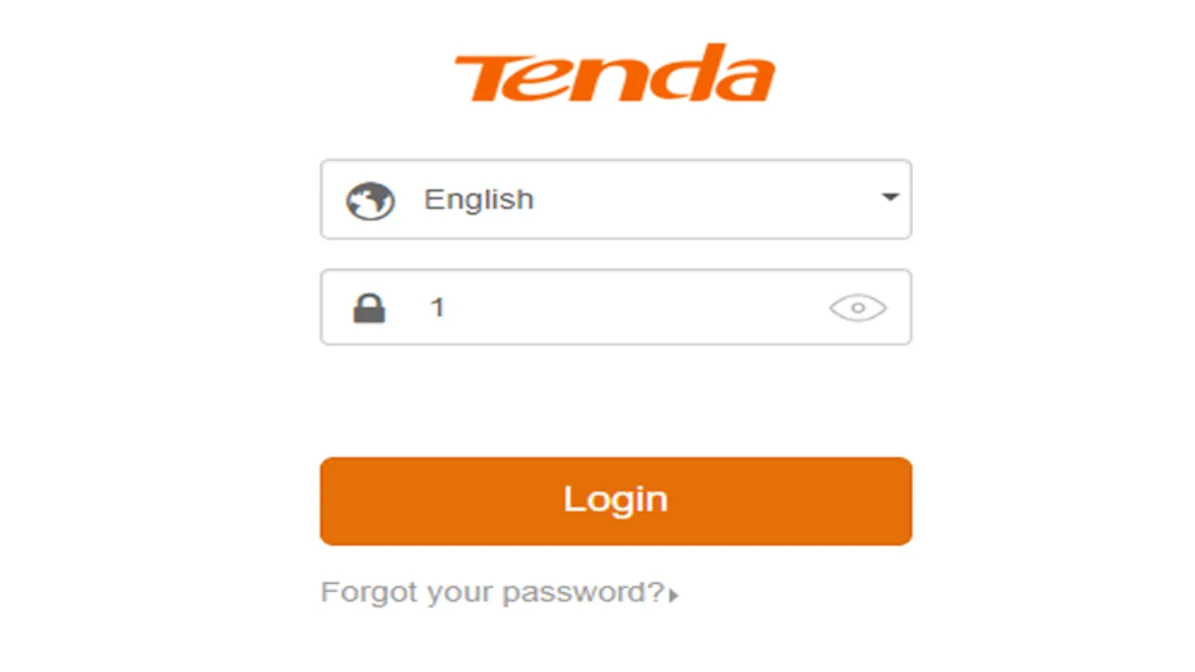Disable remote administration if not required, restrict management access to specific IP addresses, and change default credentials immediately.

In January 2024, during one of our scheduled security assessments, our team identified a critical vulnerability affecting the Tenda N300 F3 Router. As this device is widely used in homes and small businesses worldwide, the discovery raised immediate concerns regarding the safety of users’ networks.
In this blog, we will explore the vulnerability in depth: how it was discovered, the timeline of our disclosure efforts, technical analysis of the flaw, the real-world risks it poses, and the necessary steps for mitigation. By sharing these insights, we aim to raise awareness, encourage responsible vendor practices, and empower users to better safeguard their networks.
Routers sit at the heart of every modern network. They act as gatekeepers between internal devices and the internet, managing all incoming and outgoing traffic. When properly secured, routers ensure data integrity, protect against unauthorized access, and provide resilience against cyberattacks.
Unfortunately, when vulnerabilities are left unpatched, routers become high-value targets for attackers. A compromised router can:
Serve as a staging ground for further intrusions.
Enable eavesdropping on sensitive data.
Allow attackers to alter configurations, redirecting users to malicious sites.
Provide a foothold for malware distribution or integration into botnets.
Given the central role routers play, even seemingly “small” issues—like a password policy bypass—can snowball into major compromises.
The issue stems from the router’s weak enforcement of password complexity policies. Specifically, the router:
Allows users to set extremely weak passwords, including single-digit strings.
Does not enforce standard rules such as minimum length, character diversity, or complexity.
This essentially renders the password protection mechanism ineffective, since attackers can easily guess or brute-force such trivial credentials.
In simple terms, it’s like securing your front door with a toy lock—it looks functional but offers no real barrier to intrusion.

The potential consequences of this flaw are significant:
1. Administrative Compromise:
Attackers can access the router’s admin panel, gaining the ability to modify critical settings.
2. Network Manipulation:
Malicious actors could reroute DNS queries, inject malicious traffic, or disrupt connectivity.
3. Data Interception:
With router-level control, attackers can monitor unencrypted traffic, capturing sensitive details like login credentials or personal information.
4. Botnet Recruitment:
Weakly secured routers are prime candidates for botnet networks (like Mirai), where thousands of compromised devices are harnessed for coordinated attacks.
5. Business Risk:
For small businesses relying on these routers, unauthorized access could lead to downtime, reputational damage, or even regulatory non-compliance if customer data is exposed.

The vulnerability in the Tenda N300 F3 router allows users to bypass its password policy enforcement mechanism, creating passwords that don’t meet security standards. This flaw weakens router security, enabling unauthorized access to its administrative interface or network.
Attackers could exploit this to intercept data, manipulate configurations, or launch further attacks. To mitigate risks, immediate action is needed to enforce strong password policies, apply firmware updates, and enhance network monitoring.
The vulnerability in the Tenda N300 F3 router allows users to set single-digit passwords, effectively circumventing any password policies specified by Tenda. This loophole undermines the router’s security measures by allowing users to select passwords that lack basic security standards, such as length requirements or complexity criteria.
As a result, the router becomes vulnerable to unauthorized access attempts. Single-digit passwords are inherently weak and easily guessable, posing a significant risk of unauthorized access to the router’s administrative interface or the network it controls.
Immediate action is essential to address this vulnerability, including implementing robust password policies and promptly applying firmware updates to bolster the router’s defenses against potential security breaches.

Password policies exist for a reason—they force complexity, making it harder for attackers to guess or brute-force credentials. A strong policy typically requires:
Minimum length (e.g., 8–12 characters).
A mix of uppercase, lowercase, numbers, and special characters.
Restrictions on dictionary words or common patterns.
When vendors fail to enforce these standards, users are left with the dangerous illusion of security. This case is a reminder that security cannot be optional—it must be baked into design from the start.
While we wait for a vendor fix, users and organizations can take the following proactive steps:
1. Enforce Strong Passwords Manually:
Even if the router accepts weak ones, configure long, unique passwords with mixed characters.
2. Upgrade Firmware:
Regularly check for and install firmware updates. Vendors often patch vulnerabilities quietly.
3. Harden Router Settings:
Disable remote administration if not required, restrict management access to specific IP addresses, and change default credentials immediately.
4. Proactive Monitoring:
Deploy tools that monitor traffic anomalies, detect unauthorized access attempts, and alert administrators of suspicious activity.
5. Layered Security:
Use additional safeguards like endpoint firewalls, intrusion detection systems, and secure VPN configurations.
The discovery of this vulnerability underscores a broader truth: cybersecurity begins at the foundation of every device. Routers, though often overlooked, are critical infrastructure. When their security is compromised, entire networks are placed at risk.
At Redfox Security, we are committed to exposing such issues responsibly and helping organizations strengthen their defenses. If your company relies on consumer-grade or enterprise networking equipment, now is the time to review your configurations and conduct a thorough security assessment.
Get in touch with us today to discuss penetration testing, security reviews, or tailored training. Our experts can help you identify weaknesses, recommend fixes, and guide you toward a more resilient security posture.
And if you’re looking to upskill, join us by enrolling in our cybersecurity courses, where we teach not just how to identify vulnerabilities but also how to defend against them effectively.
Together, we can build stronger, more secure networks—one assessment at a time.